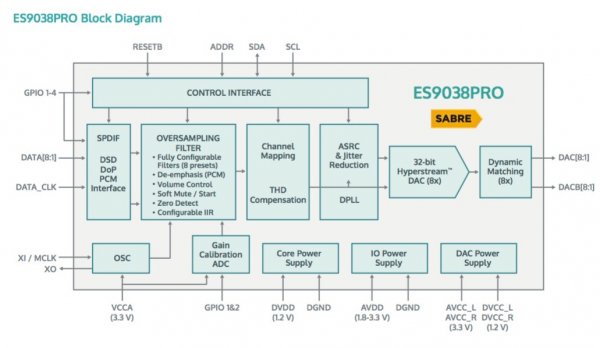Sure, I get that, Blizzard. They are meaningless to you given what your goal is. They are not meaningless to those who have legacy collections or want to see which format they prefer among the formats with a lot of available content. We can have a discussion or debate about which is more transparent. That will not change the issue that many of us have substantial LP and/or CD collections and enjoy listening to what we have.
I am open to you or anyone else convincing me that quad DSD is superior to vinyl when it comes to making a faithful copy of an original master tape. The result will not change my collection or cause me to abandon one medium and start from scratch to start another one with limited available titles, especially in an area which is notorious for creating new formats every couple of years. Quad DSD will be replaced with something even better and new recording standards will be created and multi channel systems are around the corner. It's all very exciting. When these technologies are available in friend's systems to enjoy, I will enjoy them. Until then, I will cue up my LPs and bathe in the luxury they provide.
If your goal is to change what people want to buy and then sell it to them, thus completely changing the industry, then that is a much greater challenge, it seems to me. It's a good thing you are still young.
The goal here is just to clear up misinformation so people know why things sound the way they do. Right now, many people just flat out think analog is better, without even considering the source may be the issue, or coloration's may be introduced that give the impression of being superior. Knowing why your vinyl sounds better, and knowing a digital copy of it can sound identical, won't make your existing collection any less enjoyable to listen to. But it will prove moving forward, the finest sound available with new recordings, as well as older transfers from analog tape, will be superior to vinyl. There will be no reason to acquire the vinyl version over the quad DSD, if you have a quad DSD capable DAC, unless it's just for reasons other than sound.
Beyond DSD 256 or 512, I'm not sure if it can even get better as format technology goes. This isn't new technology, it's been around since the 80's. It just wasn't practical due to file size. But today with cheap storage, it's a different story. If you have a quad DSD or especially DSD 512 capable DAC, you should be good for many many years as far as format support goes. The only other technology that may change in the DAC chips is if an MQA input is built into the chips. I had a talk with the head engineer of ESS about this a couple days ago. They just had a big meeting with Bob Stuart of Meridian at CES. Software like Roon will be able to decode MQA, and convert it to PCM so it's compatible with all PCM DAC's. However, if the MQA decoding is built into the DAC chips, it skips a layer of processing and allows for the best sound possible from the technology. But this won't be the best sound still. The only advantage to MQA, is the ability to send high resolution PCM from streaming services like Tidal with lower bandwidth. If you have an actual 24/192 copy of the same album on your hard drive, it will sound at least as good anyways. And of course DSD will sound even better, especially quad. So MQA is
only beneficial for streaming.
And to add a bit more, anyone who has listened to a demo of MQA so far, hasn't heard it to it's full potential. This is because there hasn't been a chip manufacturer yet to build the decoding into their chips for best performance. It's a $250000 plus investment to do this, and if it happens won't likely be until 2017.
If MQA is implemented into DAC chips in the future, there will be another input on the left input block along with the DSD,DoP, PCM interface's called MQA.



